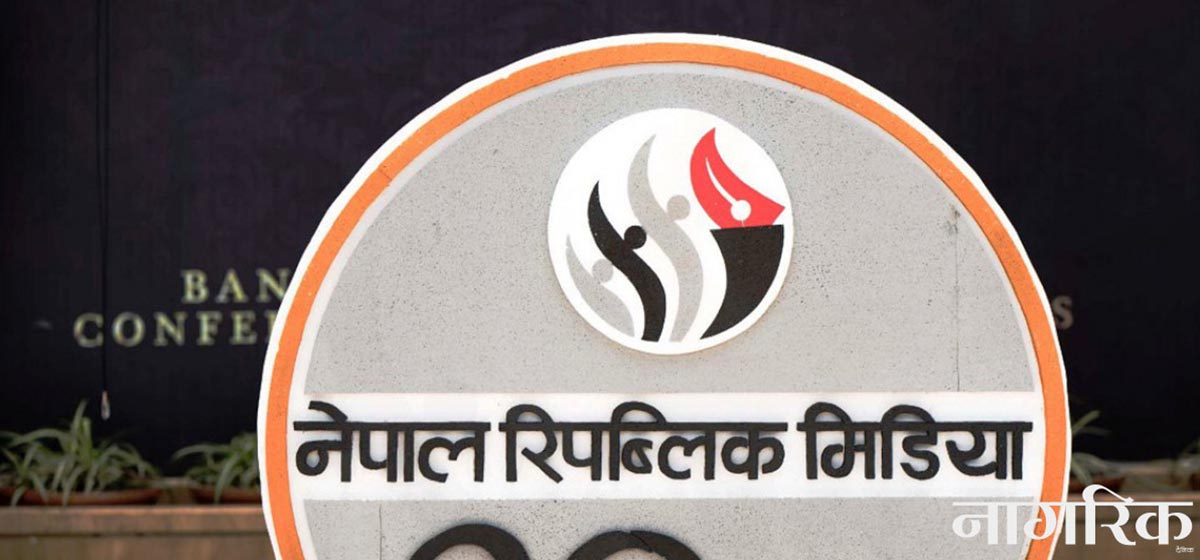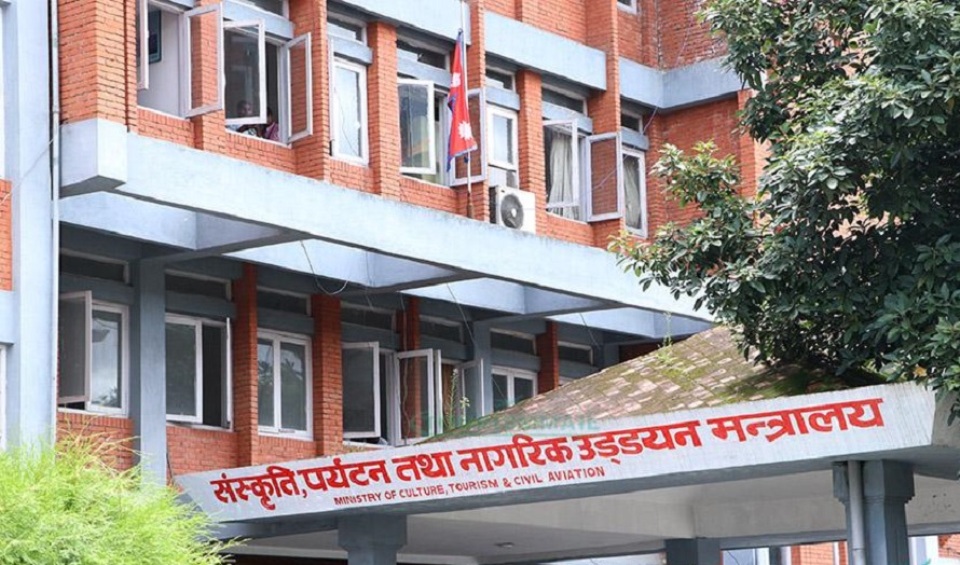
OR
Volatile share market
Stock prices fluctuated widely in the last two trading days. The benchmark index that plunged by over 50 points, or 4.5 percent, on Monday, rebounded 39.6 points on Tuesday. As market ended on a green zone, stocks recovered their values to some extents on the second trading day of the week. Though the market was on a downward trend for the last few months, the rapid decline of stocks on Monday was attributed to a statement by Finance Minister Yubaraj Khatiwada who reportedly said in an event that ‘there is no reason why stocks should never fall.’ But to blame the finance minister for these fluctuations and crash, as investors are doing now, would be missing the fundamental factors that actually drive and influence stock market.
It’s the rising interest rates of bank and financial institutions which have been sending stocks to downward spiral. Economists agree with the fact that higher interest rates are detrimental for stock prices. This is also true in case of Nepal’s stock market as has been evident in the past. When interest rates were at ultra-low level until last year, the stocks rose to a peak. However, investors are not getting cheaper money anymore due to the sudden rise of interest rates. The rise of interest rate caused stock correction. Correction of stock prices also prompted BFIs to increase margin calls to investors who have borrowed to buy stocks. On the one hand, investors are increasingly under pressure either to pledge more stocks for margin lending or to sell their shares to repay the loans. On the other hand, depositing money in banks is more profitable proposition from financial investment point of view. Banks are now offering interest rates of up to 12.3 percent on fixed deposits. When deposit rates are so high, investors may be tempted to park the money in the bank account rather than putting themselves exposed to riskier stocks and investments.
Another factor behind the market slump is the increase in the supply of shares in the aftermath of listing of bonus and rights shares that BFIs and insurance companies floated to raise their paid-up capital in recent months. While there has not been much increment in the number of investors (read buyers), the oversupply of scrips has also depressed share price. One CEO of merchant bank said that the market would have been on a downward spiral in this backdrop, regardless of who the finance minister is. It would not be fair to put the blame squarely on the finance minister. While investors are urging the government to take some measures to alleviate their fear of loss of paper wealth, any intervention from the government in the stock market that runs on the basis of supply and demand is unwarranted and sets a wrong precedent. The government needs to reform and modernize stock market and create a conducive environment for investment and building infrastructure. It is the investors who must be cautious while making investment in stocks that are subject to market risks. Their investment decision should be largely based on company’s fundamentals rather than speculations. It is rather illogical to think that the stock’s prices climbs up all the time.
You May Like This

Stay calm to study CA: Part II
If you are being a victim of something then it is only because you are allowing yourself to become a... Read More...

PM directs security agencies to stay prepared
KATHMANDU, April 18: Prime Minister Pushpa Kamal Dahal has instructed the security agencies to make necessary security arrangements to ensure “free... Read More...




Just In
- NRM Director Gyawali inaugurates Nagarik Nayak 2081
- Govt amends nine laws through ordinance to attract investors
- NRM to announce two citizen heroes today
- Federal capital Kathmandu adorned before Qatar Emir's State visit to Nepal
- Public transport to operate during Qatari king’s arrival, TIA to be closed for about half an hour
- One arrested from Jhapa in possession of 43.15 grams of brown sugar
- EC to tighten security arrangements for by-elections
- Gold price drops by Rs 2,700 per tola











Leave A Comment